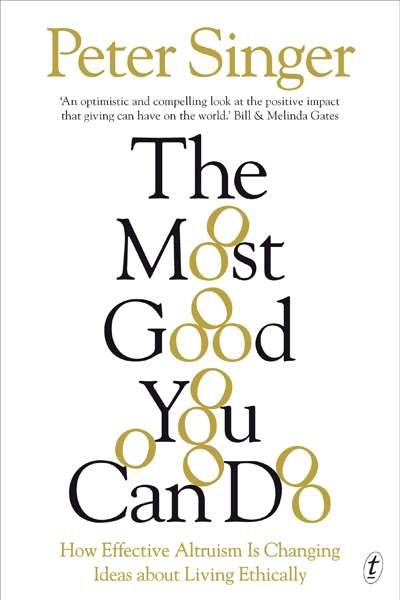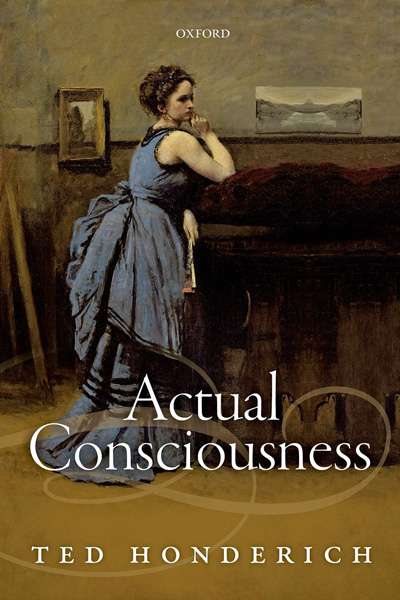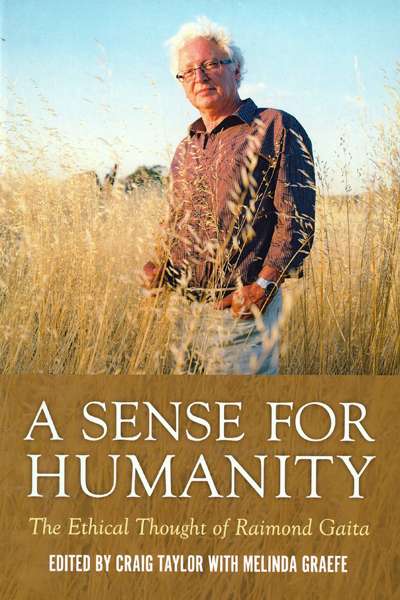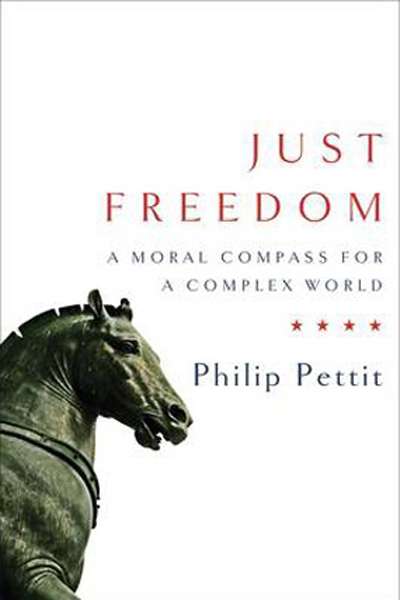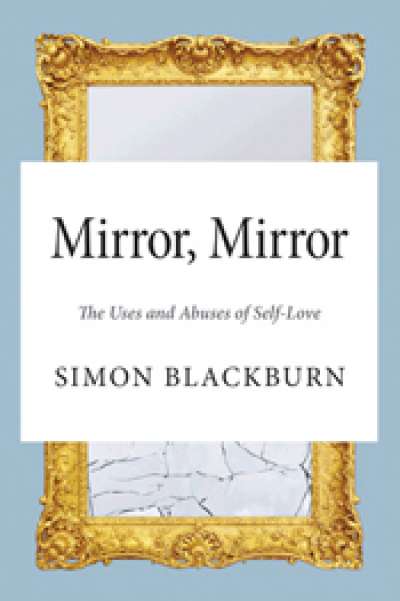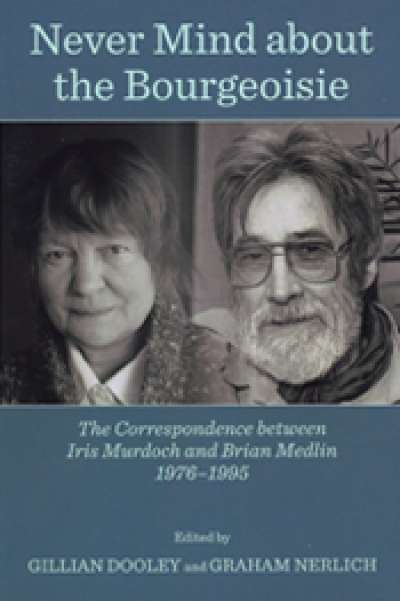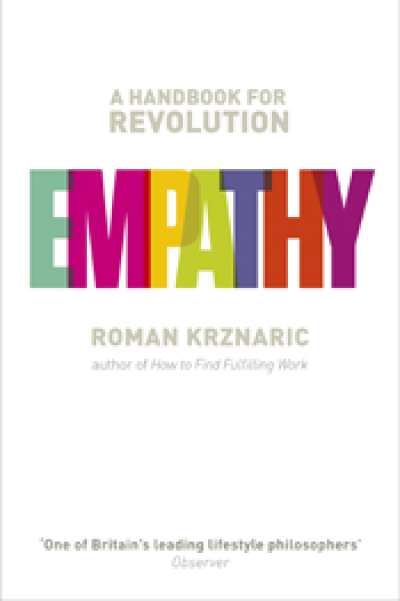Philosophy
Historical Justice and Memory edited by Klaus Neumann and Janna Thompson
On 10 June 1838, eleven men – ten whites and an African – slaughtered about thirty indigenous people at Myall Creek in northern New South Wales. The victims were hacked down with swords, and the killers returned a few days later to dismember and burn the bodies. The existence and interpretation of events like this have been deeply controversial since the publica ...
The Most Good You Can Do: How Effective Altruism is changing ideas about living ethically by Peter Singer
Much contemporary moral philosophy is highly abstract, with technical arguments advanced on issues that appear far removed from ordinary life. But not all academic ethics has this form. The field of practical ethics has flourished over the last four decades, bringing philosophical techniques to bear on ethical issues in medicine, animal husbandry, climate change, an ...
Our perceptual world is rich in colour and sound. We think and imagine. We experience repugnance and longing. Meanwhile, in our brains neurons are firing and chemical reactions are taking place. Conscious experience and brain events are obviously related. Reputable Australian philosophers insist that they are one and the same. But how can events with such different ...
Philosophers fear many things, as do economists, lawyers, politicians, and electricians. But there is one thing philosophers fear which is special to their profession. It is the question, asked as it might be at a dinner party or in a taxi on the way to the airport, ‘What is it that you do, exactly?’ with perhaps a somewhat intimidating emphasis on the word ‘exactly’. Often – too often – we philosophers take the easy way out. We reply that questions like: Does God exist? Is there an objective basis to morality? Is a commitment to equality simply a commitment to equality of opportunity? What makes a society a just one? are, we can all agree, important questions, and that they are the kinds of questions philosophers concern themselves with.
... (read more)A Sense for Humanity: The ethical thought of Raimond Gaita edited by Craig Taylor with Melinda Graeffe
Raimond Gaita is unusual among moral philosophers in having presented the world of his childhood as food for thought. Most notably, he has given us his Romanian father, Romulus – ‘Johnny the Balt’ to his Australian neighbours – whose understanding of life’s moral necessities is articulated by Gaita as the core of his ethical thought. It is hard to think of an instance in the history of Western philosophy, other than the Socrates of Plato’s Apology, where an individual’s life story is as intrinsic to the views expounded as the life of Romulus Gaita is to those of his son.
... (read more)Just Freedom: A moral compass for a complex world by Philip Pettit
In a recent Prospect interview, distinguished Princeton and ANU scholar Philip Pettit described political philosophy as a conversation around various themes. Some voices focus on power or freedom, others on democracy or the nature of the state. The conversation should extend beyond the academy, argued Pettit, to embrace public intellectuals, journalists, commentators, political scientists, activists, and government.
... (read more)This book by Nigel Biggar, Anglican minister and Oxford Professor of Theology, is in the rich and broad tradition of thinking about war known as Just War Theory (JWT). JWT sees war as justifiable, but holds that decisions about going to war, as well as about the way it is fought, are subject to moral constraints ...
... (read more)Mirror, Mirror: The uses and abuses of self-love by Simon Blackburn
Everyone knows the emotions of self-concern – self-esteem, pride, vanity, self-respect – and associated character traits – authenticity, arrogance, humility, and the like. Yet as soon as we start to think seriously about them and the roles they play in personal and social life, they tantalise with their ambiguities and their resistance to easy definition. Some forms of self-concern, such as arrogance and hubris, are disagreeable. Yet others, such as self-respect, seem desirable. Why? And what is self-respect exactly, anyway? How much do these various emotions and dispositions contribute to (or detract from) a good or decent life?
... (read more)Never Mind about the Bourgeoisie: The correspondence between Iris Murdoch and Brian Medlin 1976–1995 edited by Gillian Dooley and Graham Nerlich
If you’re a bookish type of a certain age, chances are you went through your Iris Murdoch period. You binged on novels such as The Black Prince (1973) and The Sea, The Sea (1978); you immersed yourself in her world of perplexed, agonised souls searching for meaning, falling disastrously in love with absurdly wrong people, consoling themselves with a swim or a madrigal singalong. It’s less likely that you will have read any of her philosophical writings, but you were in awe of her mind, and her eventual eclipse by Alzheimer’s seemed like a particularly cruel blow. Your impression of her is probably of a brilliant, absent-minded professor who looked like Judi Dench.
... (read more)When I was a child, comparing the behaviour of two people in my circle was formative. One would turn out to help in any situation, from raking dirt on the local school oval in a working bee to stopping the car late at night to check on an old man hanging over the rail at a city tram stop. He never talked much about these actions, nor dramatised the recipients’ needs, beyond saying, if asked, that it was the ‘right thing to do’. The other person would become so upset by other people’s troubles, and feel their pain so intensely, that she would end up a teary, hand-wringing mess and require calming herself, taking away attention and care from the person in need.
... (read more)


